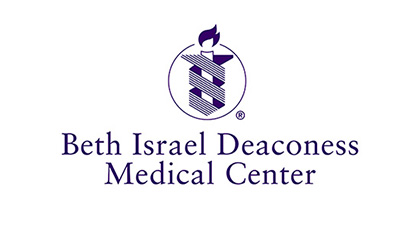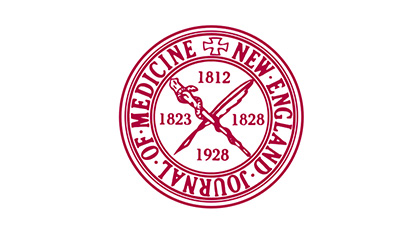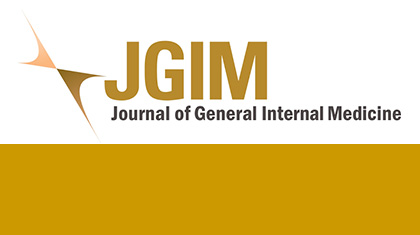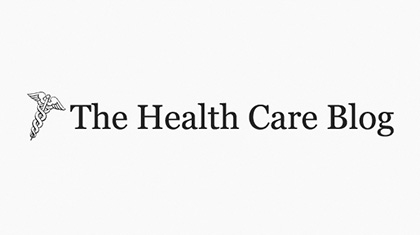Listen to Dr. Tom Delbanco and a panel of clinicians and consumers discuss OpenNotes on the Diane Rehm Show. By law, most patients have the right to access their medical records. But obtaining them can be time-consuming and expensive. A growing number of health advocates are pushing to give patients easy electronic access to physicians’…
Tom Delbanco
Clinical Corner: OpenNotes at BIDMC
Q & A with Tom Delbanco and Jan Walker You probably know that your doctors, nurses and other care providers write a note after an appointment or discussion, and that the note becomes part of your medical record. Beth Israel Deaconess Medical Center is one of the first hospitals in the United States to invite patients…
NEJM: The Road toward Fully Transparent Medical Records
“Forty years ago, Shenkin and Warner argued that giving patients their medical records ‘would lead to more appropriate utilization of physicians and a greater ability of patients to participate in their own care.’ At that time, patients in most states could obtain their records only through litigation, but the rules gradually changed, and in…
Online Access to Doctors’ Notes: Patient Concerns About Privacy
Offering patients online access to medical records, including doctors’ visit notes, holds considerable potential to improve care. However, patients may worry about loss of privacy when accessing personal health information through Internet-based patient portals. The OpenNotes study provided patients at three US health care institutions with online access to their primary care doctors’ notes and then collected survey data about their experiences, including their concerns about privacy before and after participation in the intervention.
OpenNotes: Hospitalists’ challenge and opportunity
At a time of societal fascination both with transparency and the explosion of health information technologies, a growing number of hospitals are offering, or will soon offer patients and their family instantaneous access to their doctors’ and nurses’ notes. What will this new opportunity for patient engagement mean for the hospitalist? Today, state and federal government regulations either encourage or require healthcare providers to grant patients access to their clinical information. But despite the rules embedded in the federal Health Insurance Portability and Accountability Act (HIPAA), patients often face time-consuming obstacles in their quest for access, and many providers view compliance as a burden. We suggest an alternative view: Over time, we anticipate that inviting patients to review their medical record will reduce risk, increase knowledge, foster active engagement, and help them take more control of their care. The OpenNotes trial provides clues as to how such practice will affect both patients and providers (1, 2). We anticipate that transparent records will stimulate hospitalists, PCPs, and other caregivers to improve communication throughout the patient’s hospital stay. OpenNotes offers a special opportunity for improving the patient experience after leaving the hospital as well. Open notes will be viewed by many as a disruptive change, and the best strategy for adapting will be to move proactively to create policies that establish clear guidelines, for which the authors offer some suggestions.
Interval Examination: Moving Toward OpenNotes
By Jan Walker, RN, MBA & Tom Delbanco, MD, MACP Despite periodic efforts over almost 5 decades, the idea of having patients review and contribute to their medical records has failed to take hold, even though such practice might engage patients more actively in maintaining their health and managing their care and might also improve…
Interval Examination: Moving Toward Open Notes
Despite periodic efforts over almost 5 decades, the idea of having patients review and contribute to their medical records has failed to take hold, even though such practice might engage patients more actively in maintaining their health and managing their care and might also improve quality of care and patient safety. Contemporary trends toward increased transparency, accompanied by evolving health information technologies, provided an opportunity for us to conduct a study examining the effects on both patients and primary care physicians (PCPs) of inviting patients to read their doctors’ visit notes. Bolstered by encouraging findings from this study, and with the goal of informing those who might join in further inquiry, we outline in this “interval examination” challenges we are encountering and strategies we are employing as we explore wider implementation of this practice.
RWJF Year in Research
RWJF Year in Research: An Interview with Thomas L. Delbanco Voted No. 2 Most Influential Research Article of 2012, Thomas Delbanco and Janice Walker co-direct OpenNotes, a project that tests the radical yet simple idea that physicians’ notes should be for the patient, not just about the patient. What was the inspiration for this study—the…
The Health Care Blog: OpenNotes: Drilling Down to Assure a Healthy Evolution
As the instigators of the OpenNotes initiative, we are thrilled that OpenNotes is being adopted by the VA. Prompted by Dr. Kernisan’s thoughtful post , the ensuing lively discussion, and our experiment with 100 primary care physicians and 20,000 of their patients), we thought it useful to offer some observations drawing both on our experiences as clinicians and on…
CBS: Doctors Begin Sharing Notes With Patients
BOSTON (CBS) — It’s a simple idea that could transform health care. Doctors are now sharing their notes with patients and some say it started in Boston. “It’s a way of getting people really actively involved in their health care, which is so vital to how they do whether they are healthy or whether they are…










